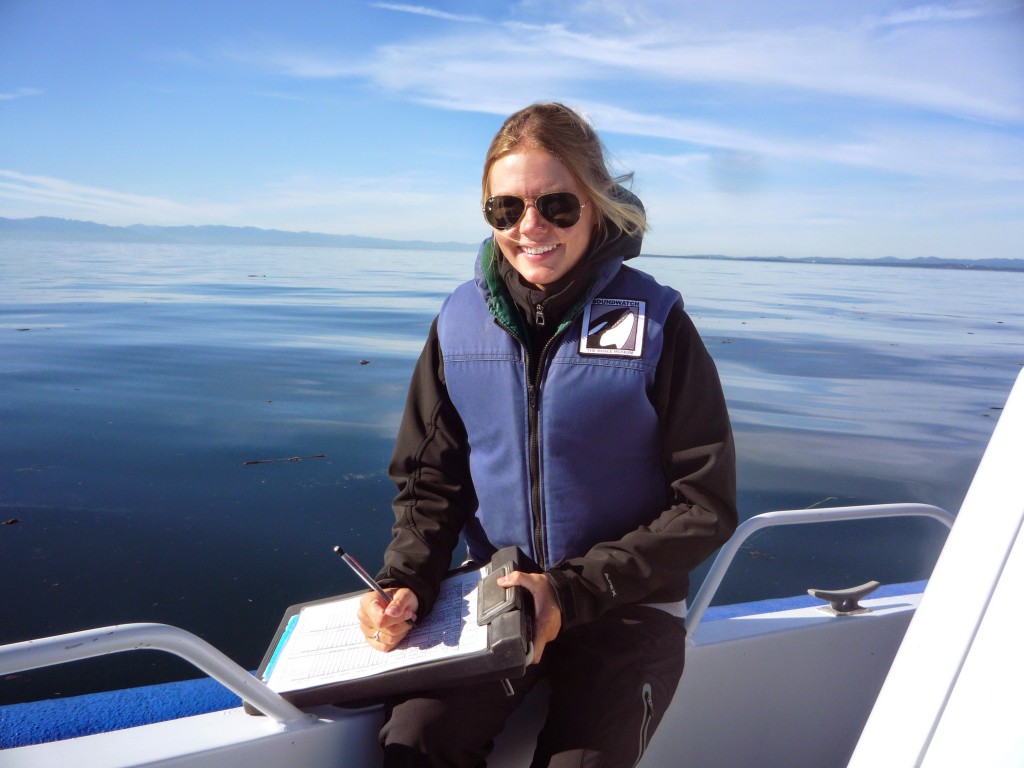The College of the Environment is pleased to announce the availability of undergraduate scholarships for the 2016-2017 academic year.
Scholarships for Returning Undergraduates:
- College of the Environment Scholarships – open to all College of the Environment students
- Clarence H. Campbell Endowed Lauren Donaldson Scholarship – open to students pursuing an Oceanography or Aquatic & Fishery Sciences major
- Yakama Nation Endowed Fund for Student Support – open to any Yakama Nation tribal member who is a student in the College of the Environment
Details can be found at: https://environment.uw.edu/students/student-resources/funding/scholarships/
Application Deadline: March 25, 2016
Awards will be announced in late April 2016.
Eligibility:
Scholarships are available for undergraduate students pursuing a major in the College of the Environment. Previous recipients may re-apply. Award decisions are based upon a combination of academic merit and financial need. At this time, all College of the Environment Scholarships require that students have unmet financial need as determined by the University of Washington Office of Student Financial Aid. Thus, you must have a current FAFSA or WASFA on file to be considered for these scholarships.
Award Amounts: Award amounts for all scholarships vary depending on financial need, but typically range from $2,500-$6,500 annually. Award amounts will be distributed over the course of Autumn, Winter, and Spring quarters during the 2016-2017 academic year, paid directly to the recipient’s student account.
To Apply:
- Complete the Scholarship Application Survey
- Submit the following to the Scholarship and Funding Committee Dropbox
- Unofficial transcripts from UW (or community college/HS transcripts if at UW less than 2 quarters)
- Personal Statement (1 page maximum) that indicates in the header which scholarship(s) you are applying for and includes the following separate sections:
- Statement of Academic and Professional Goals: Please include your intended major if you are undeclared. Please describe your academic and professional goals. Comment on your progress towards completing course requirements for your major/degree. Describe any other relevant experiences that have influenced your academic path.
- Statement of Financial Need: If applicable, please describe circumstances creating financial need and the impact of the scholarship on your annual financial need.
Questions? Contact coenvaa@uw.edu



